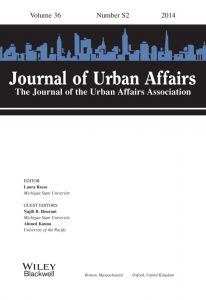Part II: The Effects of School Criminalization
A few weeks back, I contributed a post highlighting possible explanations for the rise of criminal justice based practices within schools. Although these strategies have become popular for managing school crime, growing evidence suggests they are often overly excessive and may produce a host of unintended consequences. Serving as a sort of a Part II, this essay outlines the effects of what has been termed the “criminalization of school discipline” (Hirschfield & Celinscka 2011). As discussed below, the evidence stands...





